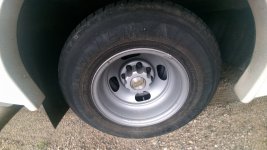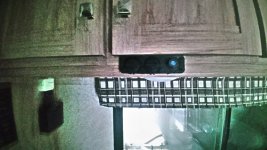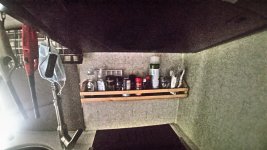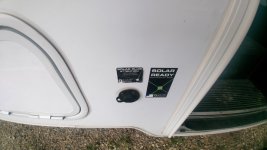meijunspee
New member
- Joined
- May 17, 2022
- Messages
- 1
- Tractor
- red
Now the world is in crisis, and fuel prices continue to rise rapidly, but I think traveling by RV will still be the best value, despite the price per gallon of fuel. This summer, I'm planning a trip to Florida with some friends in my RV. Here https://jasminebreezerv.com/reviews/ I read reviews on one of the Florida RV parks. I think that's where we will go since so many people recommend it. The RV parks are very cool, and it's easy enough to meet new people who also travel.
Last edited:




